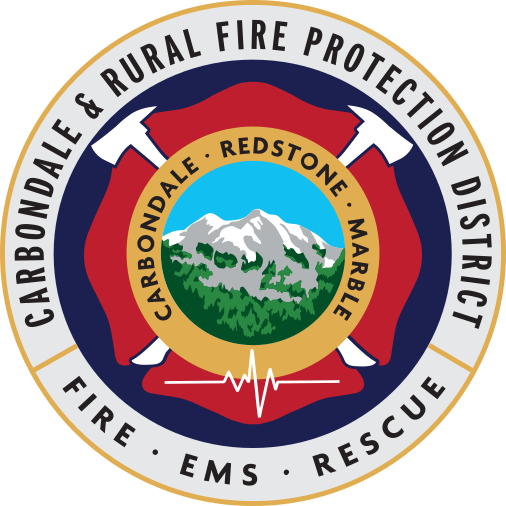Be Merry and Bright, Not a Statistic
By admin Published December 19, 2017
In an effort to avoid sounding like Scrooge or the Grinch, we want to share some facts about home holiday fires in order to help you prevent them and keep from becoming a holiday fire statistic.
The U.S. Fire Administration (USFA) reports more than double the number of open-flame fires on Christmas Day than on an average day and about twice as many on New Year’s Day. And when those fires occur, they do more damage: Property loss during a holiday fire is 34% greater than in an average fire, and the number of fatalities per thousand fires is nearly 70% higher. When the source of the fire is a highly flammable Christmas tree, the toll in property and lives is even greater.
Did you know?
- One of every four home Christmas tree fires is caused by electrical problems.
- Although Christmas tree fires are not common, when they do occur, they are more likely to be serious. On average, one of every 32 reported home Christmas tree fires results in a death compared to an average of one death per 143 total reported home fires.
- A heat source too close to the tree causes one in every four Christmas tree fires.
- The top three days for home candle fires are Christmas, New Year’s Day, and Christmas Eve.
- Candles start two out of five home decoration structure fires.
Additionally, holiday cooking and baking are traditions and are important to the celebration, simply take care of flames, oils and never leave cooking unattended. We know it’s easy to get distracted, so try taking a pot holder with you when you leave the kitchen as a reminder that you have something on the stove. Make sure to keep a kitchen fire extinguisher that’s rated for all types of fires, and check that smoke detectors are working.
Keep this holiday season merry and bright and be mindful in your approach to the holidays so safety is a given and the holiday fun can reign.
You can always reach out to us, your local fire department, for questions or concerns. And, of course, always call 9-1-1 if a fire or emergency occurs.

